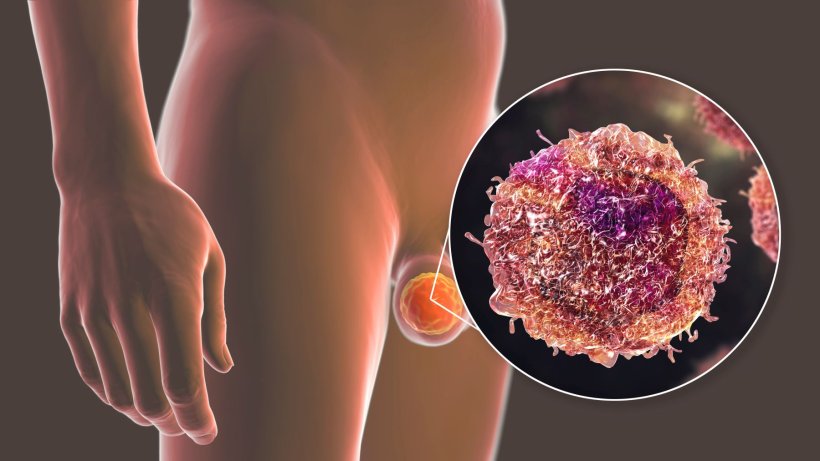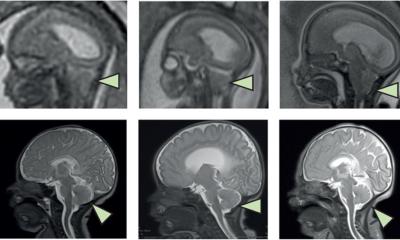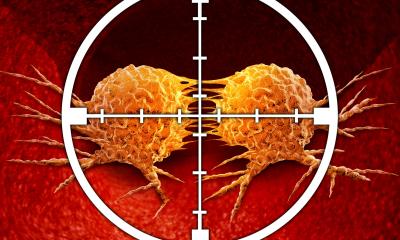
Image source: Adobe Stock/Dr_Microbe
News • Neurology & Testicular Cancer
Correlation between neurodevelopmental disorders and the risk of testicular cancer
A new study by researchers at Uppsala University and Uppsala University Hospital shows that men who have a neurodevelopmental disorder, such as autism and ADHD, also have a slightly increased risk of testicular cancer, or seminoma. This is the first study to show such a link.
The study has recently been published in the British Journal of Cancer.
Testicular cancer is the most common form of cancer in young men, and its underlying causes are still largely unknown.
“As testicular cancer can be surgically removed, thus curing the disease, it is important to seek care in time if you feel a lump in your testicle,” notes Ingrid Glimelius, Senior Consultant at the Department of Oncology at Uppsala University Hospital and Professor at Uppsala University.
The new study focused on patients with testicular cancer in Sweden. A total of 6,166 patients were included and then compared with 61,660 age-matched men without testicular cancer. Medical register data was used to investigate whether psychiatric diagnoses prior to cancer diagnosis were more common in patients with testicular cancer than in the control group.
In general, the researchers did not find an increased risk of testicular cancer in patients with a psychiatric diagnosis, but the group with a neurodevelopmental disorder in particular saw a significant increase in the risk of the seminoma type of testicular cancer.
Increased risk of seminoma among people with neurodevelopmental disorders
Although the researchers found that there was an increased risk of seminoma among people with neurodevelopmental disorders the absolute risk increase was less than one percent. The risk of testicular cancer is therefore still very low even among boys and men with conditions such as autism and ADHD, and there is no need to worry if you have these diagnoses. However, the results are intriguing in terms of attempts to get closer to explaining the mechanisms of testicular cancer occurrence.
“The study also found that people with a neurodevelopmental disorder were a median of four years younger when they developed cancer and were more likely to have more advanced disease at diagnosis,” adds Glimelius.
We also saw that people with a previous psychiatric diagnosis had a slightly increased risk of dying from their testicular cancer compared to people without a previous psychiatric diagnosis
Anna Jansson
“We also saw that people with a previous psychiatric diagnosis had a slightly increased risk of dying from their testicular cancer compared to people without a previous psychiatric diagnosis, although testicular cancer survival rates were generally very good in both groups,” says Anna Jansson, doctoral student at Uppsala University and Physician at Uppsala University Hospital.
This is the first research study to provide a link between neurodevelopmental disorders and the risk of testicular cancer. Previously known risk factors include having an undescended testicle as a baby or having a father or brother with testicular cancer.
“We do not know why we are seeing a link between neurodevelopmental disorders and the risk of testicular cancer, but we believe that early life events have an impact; perhaps even as early as the foetal stage,” continues Jansson.
“Since we can see a reduced survival rate among people with a mental health issue, it is important for the health care system, the individuals in question and their families to be aware that they may also be affected by another illness, and to ensure they seek treatment if they feel a lump in their testicle. This disease can be cured in most people today,” adds Glimelius.
Source: Schwedischer Forschungsrat - The Swedish Research Council
25.04.2023





